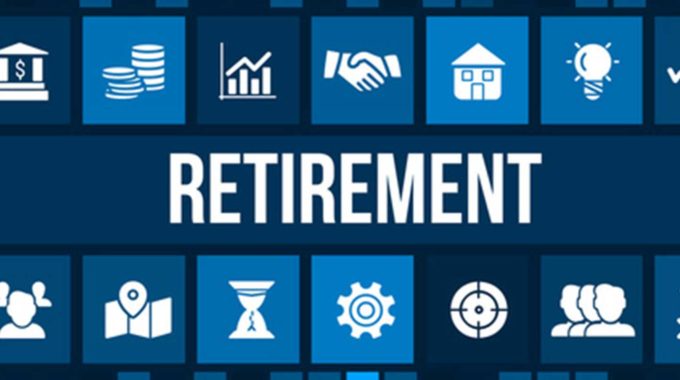4 Tips Using Rental Property Income to Finance your Retirement!

According to Robert Berger of U.S. News and World Report, rental properties can provide a meaningful source of consistent income as part of your retirement planning and portfolio. He claims, “Buying a property or two could provide enough income to allow you to retire sooner.” However, you’ll need to ensure your investment properties will provide steady, positive cash flow throughout your retired life. You don’t want a rental property to become a drain on your retirement resources!
Here are some things to consider before diversifying your retirement portfolio with investment properties:
-
- Explore your Financing Options. In a post-financial crisis world, those with good credit and a steady work history can purchase rental properties through a variety of finance vehicles. One should consider the use of a real estate investment financing lender (like CoreVest). These lenders have greater flexibility and can act outside the terms imposed by Fannie Mae or Freddie Mac. That being said, lending requirements are understandably stricter than they have been in the past. Lenders are now requiring increased down payments (25% or more) and more stringent credit and liquidity profiles.
-
- Get Familiar with the Tax Implications. Rental properties offer some valuable tax benefits. To name a few, you can claim depreciation on rental properties (but not the land), reducing your tax burden year by year. Depreciation, along with the interest expense on a mortgage, may enable you to minimize taxes for some time. Keep in mind, however, that you’ll have to deal with depreciation recapture down the road If and when you sell the rental. In many cases, rental properties operate at a tax loss. One of the hidden benefits of being a landlord is that these “losses” can be deducted on your tax returns (up to $25,000 a year). There are some requirements that must be met, so be sure you understand the rules. The tax implications of owning rental properties can be beneficial, but are also complex. Seek out the help and advice of a tax professional before you delve into the world of residential rental investments.
-
- Don’t be Caught off Guard by Expenses. Understandably, real assets require more tender loving care than a mutual fund investment or 401(k) account. If you own your own home, you are likely more than familiar with the costs associated with being a homeowner. Don’t let unexpected costs or repairs derail your retirement cash flows. It’s essential that you have money in reserves before you buy or begin financing a rental property. If the water heater goes out or the roof starts leaking, you’ll need to spend some time and money to fix or replace it. And if the house is rented, you can’t get away with putting off major repairs for a few weeks or months while you scrape together the cash. As a rule of thumb, Berger recommends, “Before you buy a rental, set aside at least six months’ worth of rental expenses. Expenses could include routine maintenance, taxes and insurance.” Having this much in reserve ensures you can take care of emergencies as they arise.
- Purchase Quality Assets. If you are going to being relying on rental income as part of your retirement plan, be sure that you have purchased the right properties! None of this will work if your property is not a profitable investment because it’s in the wrong school district or attracts difficult tenants because of the neighborhood. When shopping for a rental, consider consulting an experienced local realtor. There is a lot to be said for someone who can guide you through the local market, identifying desirable areas with high demand for rentals. Berger recommends that first-time landlords focus on single family or small multi-family properties in good school districts. Young families with kids generally are less likely to break a lease unexpectedly. These types of tenants will be looking for a home in a safe area with good schools.
Rental properties can be a great addition to your retirement portfolio. It can be even better if you consider yourself a “Do-it-Yourselfer” and are looking for a “part-time job” in retirement. That being said, there are plenty of caveats to becoming a landlord. Be sure you understand all the ins and outs of utilizing rental property income to finance your retirement before you buy your first rental home.
CoreVest is a leading provider of financing solutions to residential real estate investors. We provide attractive long-term debt products for stabilized rental portfolios as well as credit lines for new acquisitions. For more information about how CoreVest can help grow your rental and rehab business, please call 844.223.2231 or submit our contact form.